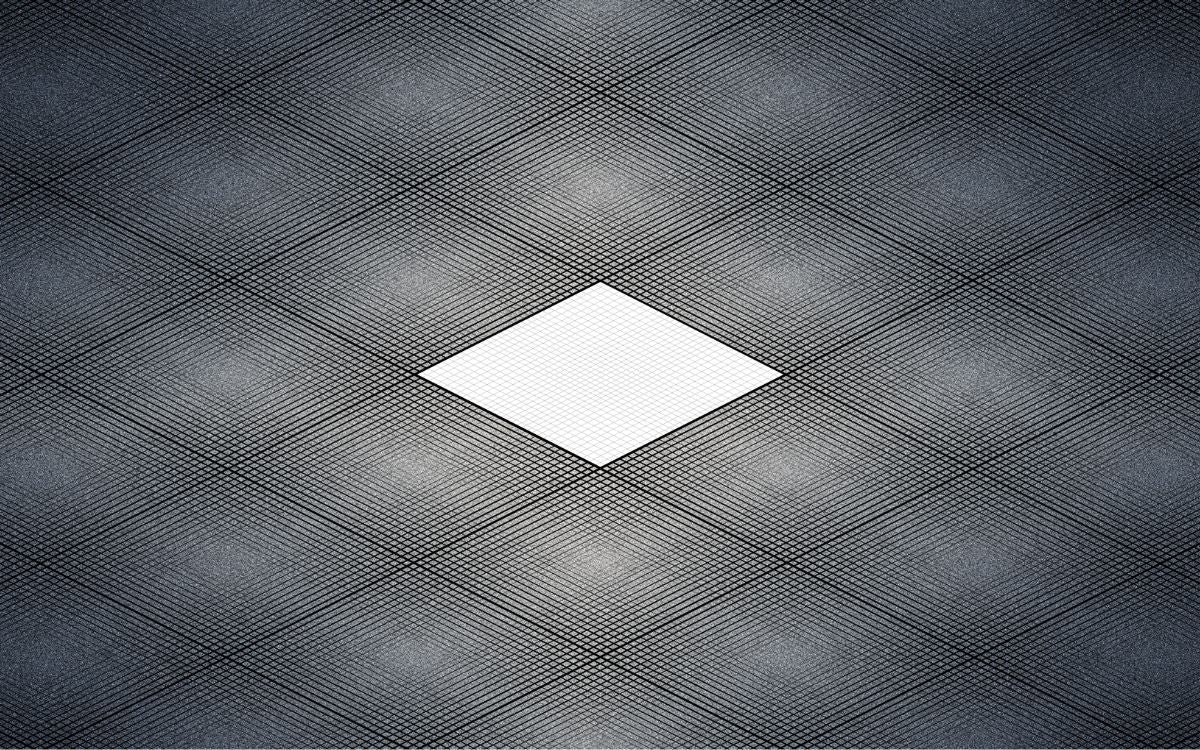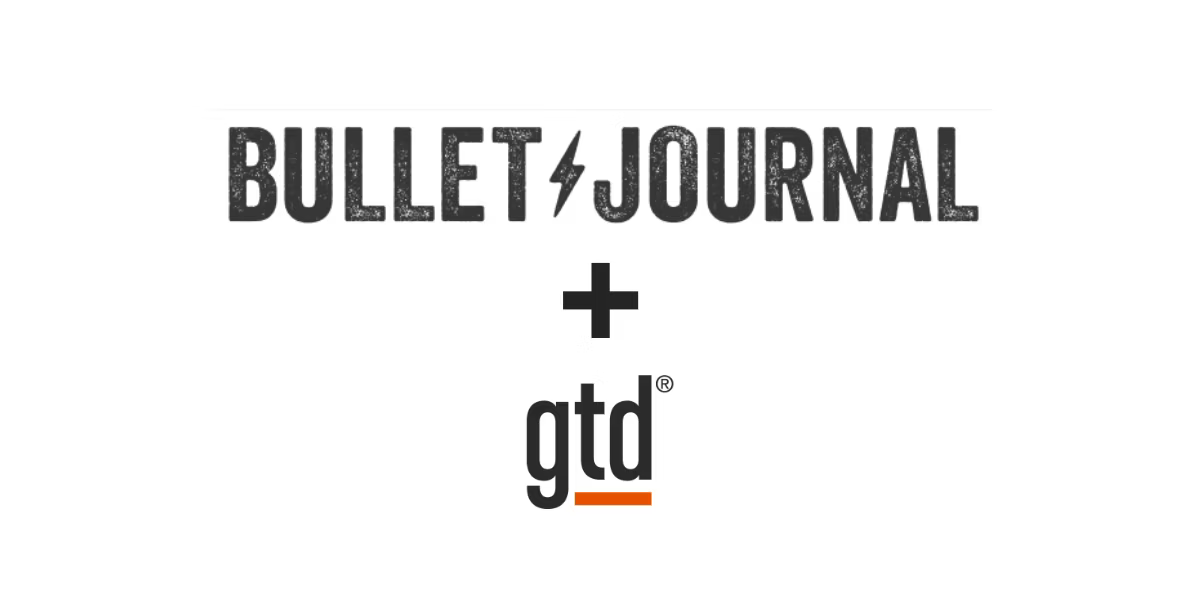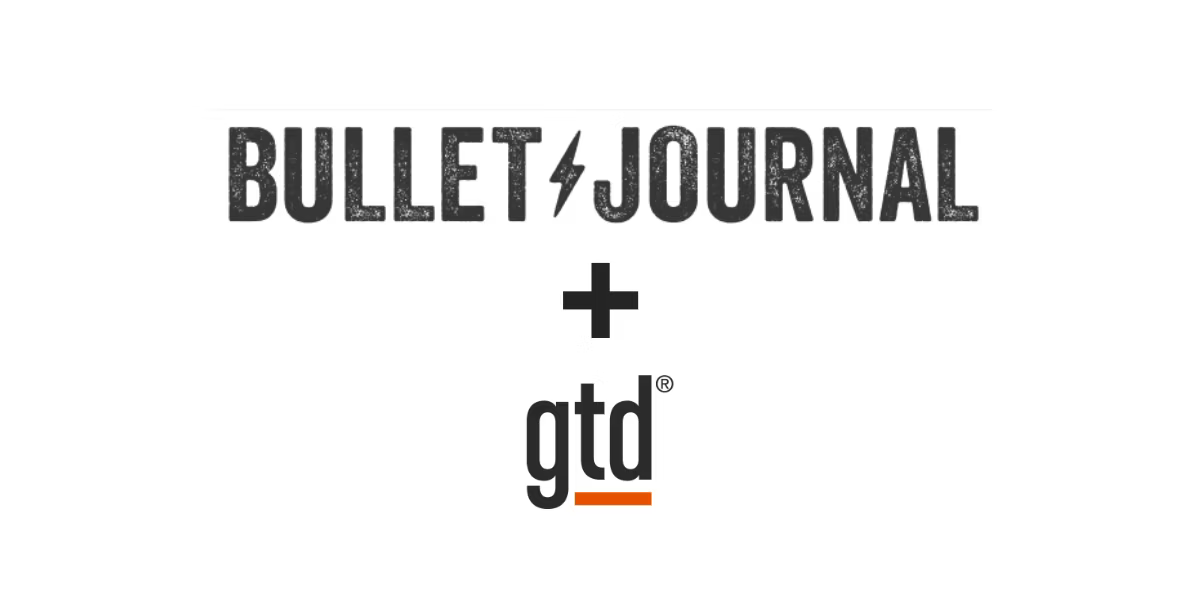The Inner Garden
In our hyper connected world, the distance from one mind to another narrows in every moment. The boundaries separating us steadily fall away, giving rise to the age of hyper-reactivity. The more reactive we become, the less we’re able to understand each other. What if this alarming decline in productive communication isn’t due to how connected we are with one another, but rather how disconnected we are from ourselves?
Most of us struggle to identify our own boundaries let alone those of others. We usually become aware of them only after someone has crossed ours, or we’ve trespassed others. Trespassed what though? What is this mysterious demarcation that delineates the acceptable from the unacceptable?
New York Times best-selling author Dr. Henry Cloud likens personal boundaries to property lines. I like this analogy because it grounds a somewhat nebulous emotional concept: If boundaries are property lines, that makes us all property owners. The question is, what property do we own?
Within our property lines lays the space where we cultivate our lives. This inner garden is where we tend to our rest, values, intentions, goals, ideas, beliefs, feelings, and dreams. This is where all the things that we’re capable of bringing into this world come from. It’s the most valuable real-estate we will ever own.
Unfortunately, most of us never received the memo that we’re gardeners. We have no idea what we’re supposed to grow, or how, or where, or when, or even why.
In this series of articles I will focus on arguably one of the most important skills when it comes to tending our inner garden: learning how and why to protect it.
Why boundaries matter
Dr. Brené Brown, who studied thousands of people on this subject, defines boundaries as the difference between “what’s ok” and “what’s not okay.” Conceptually, there’s a bright line separating the two. In reality that line is often nearly invisible.
How often do we agree to things we don’t want to do? How often do we let things slide, over and over again to avoid problems or conflict? How far do we bend to feel needed or loved? In other words how often do we tolerate things that do not feel okay? Chances are it’s more than we’d like to admit.
Though we all need to be flexible and compromise from time to time, the more time we spend disregarding our boundaries, the more compromised our sense of self becomes. Over time, we risk numbing our intuitions until it becomes hard to know why we’re feeling what we’re feeling.
When our boundaries erode and we lose touch with our feelings, we also lose touch with our needs. When we lose touch with our needs, we can’t express them. When we can’t express our needs, we can’t have them met. When we can’t have our needs met, we suffer as do those around us.
The lack of self causes us to stray out of our garden and into a destabilizing maze of anxiety, confusion, frustration, and deep resentment. Disorganized feelings can begin to resurface in a variety of inappropriate ways, ranging from hair-triggers to anxiety, to depression, even physical illness. As stated by Dr. Gabor Maté:
“When our psychological capacity to distinguish the self from non-self is disabled, the impairment is bound to extend to our physiology as well. Repressed anger will lead to disordered immunity. The inability to process and express feelings effectively, and the tendency to serve the needs of others before even considering one’s own, are common patterns in people who develop chronic illness. These coping styles represent a blurring of boundaries, a confusion of self and non-self on the psychological level. The same confusion will follow on the level of cells, tissues and body organs. The immune system becomes too confused to know self from other or too disabled to defend against danger.”
The health of our inner garden greatly determines the quality of our lives. Our boundaries in turn, ensure the health of our garden. In other words, by learning how to cultivate our boundaries, we’re learning how to wholeheartedly embody ourselves.
How to identify your boundaries
As opposed to physical boundaries, inner boundaries are as alive as the garden they protect. They can be grown, hedged, replanted, even plucked. They can also be overgrown, or whither when they’re not taken care of. When our boundaries whither, our garden becomes vulnerable.
It’s all a matter of awareness. The problem is that we’re rarely taught how to identify our boundaries, let alone plant new ones or nurture existing ones. How can we tend to something we can’t identify?
When we don’t identify our boundaries, they have a way of giving us an identity. When we don’t know that a boundary is there, we can feel blind-sided when it’s crossed and we tend to react poorly. Our lizard brain instincts are triggered: fight, flight, freeze. Fight often being the goto online…
The longer a boundary goes unidentified, the longer we continue to embody this reactionary persona who is “irritable” or “anxious” or “depressed” or “angry.” The key to avoiding this, is cultivating our awareness of our property lines.
We have ample opportunities to become aware of our inherent boundaries every day. Daily demands constantly probe our sense of what is and what is not okay. Bringing our awareness to these experiences and how they make us feel, allows us to start identifying our boundaries. This word, this touch, this tone, this action, this situation is not okay.
Identifying a boundary, is the first step in taking responsibility for it.
Own your property
Identifying our boundaries begins with understanding where to look for them. We don’t need to look far, because the only property that we’re responsible for is our own.
We are only responsible for what we think, do, and feel. We’re not responsible for — nor can we control — what other people think, do, and feel. That happens on their property.
For example, when we try to take responsibility for other people’s happiness, we’re often left feeling confused, disappointed and resentful when our efforts don’t have the desired effect. Similarly, when we try to make other people responsible for our happiness, it can also leave us feeling confused, disappointed, and resentful.
The longer we focus on other people’s property, the more our own starts to degrade. The more our own starts to degrade, the less resources we have to be a good neighbor, one that can contribute to those around them.
To be a good neighbor, you don’t focus on taking care of your neighbor’s property, you take care of yours. By taking responsibility for your garden, you automatically elevate the whole neighborhood.
Survey the garden
Once we embody our role as property owner, it’s time to survey our garden. The boundaries of our garden however can’t be seen. We must rely on our other senses to find the ones that already exist, as well as the ones that we will need to put into place.
Our primary sense for locating boundaries are our emotions. Emotions serve as our internal security system. When someone or something trespasses into our garden, it triggers an emotional response, usually a negative one.
Because many of our negative emotions stem from breaches of our property lines, a good way to identify our boundaries, is to examine the current state of both our garden and the gardener.
What are the most important areas in your life? How are they doing? Your relationships? Your physical or mental health? Your career? How are you feeling about them right now?
To make things easier, look at the most tangible extensions of your inner garden: your journal and calendar. Look for patches of negative or heavy emotions. Your journal can help you identify patterns or trends in your thinking and feeling. See if you can find areas in your life that feel like they’re out of balance, toxic, overgrown, or withering.
Whereas your journal is a reflection of what you’re thinking, your calendar is a reflection of who you’re being. The two don’t always align, and it can be illuminating to see how misaligned your thoughts and actions are.
Your calendar can show you the difference between what you intended to grow in your garden vs what you’re actively tending to. You think you value family, but 85% of your waking hours are allocated to work. You think you value your health, but you have no time set aside for it. Take a deep look at your calendar and see how it feels.
Surfacing areas of negative emotion, can help you follow them upstream. There, you will often find the cause of friction or misalignment to be a neglected or missing boundary.
It’s not until we’ve identified our property lines, that we can begin to secure them. We will delve into what that means and the ways we can do this in the next article. In short, it’s an exploration of the tools we have available to us to plant and nourish boundaries to keep our garden safe. Stay tuned…
Read the rest of the Boundaries Series
Boundaries I: Identifying Boundaries
Boundaries II: Setting Boundaries with Gratitude






john yenches
May 17, 2024
I stumbled across your article while struggling to find clarity on what my boundaries are. Your perspective and your analogies have made something I found confusing crystal clear and gave me a light bulb aha moment . I love the non violent conflict resolution as well.Thank you for helping me with my growth.